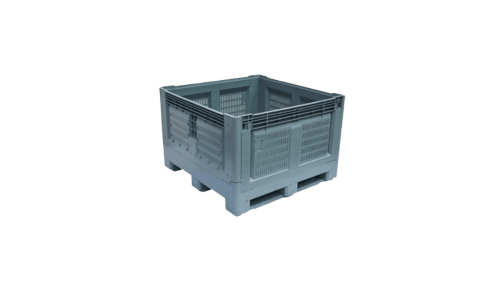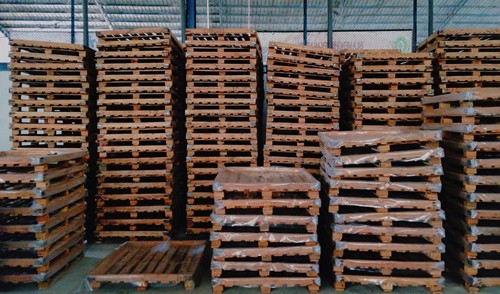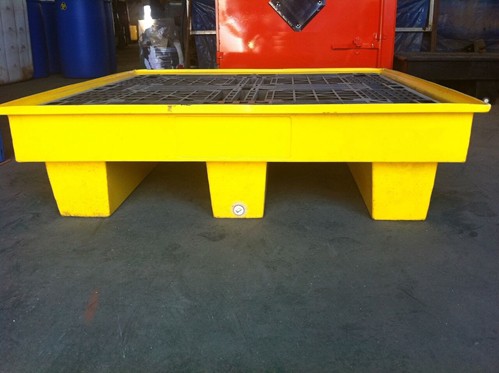Recent changes in the regulations surrounding the biosecure fumigation of wood coming into Australia, including shipping pallets, has caused uncertainty for all those involved in freight logistics. While the new regulations now allow increased time between wood fumigation and freight of the goods, importers are required to obtain certification from their suppliers indicating that the goods’ storage is not at risk of biosecurity contamination before export.
Despite all the questions around whether or not tighter regulations for wood pallets would improve their functionality, this change in regulation does little to change one unerring fact – durable and environmentally friendly plastic pallets are still a better and easier option for your shipping needs. Here’s why.
Wooden pallets are unsustainable and time-consuming to treat.
Fumigation aside, wooden pallets still require destructive deforestation, which has a seriously injurious environmental impact. You will also have to constantly replace worn and broken wooden pallets with new ones, when perfectly good durable plastic pallets can do the job better and for longer.
Shipping logistics is often run on fine margins, where even a few hours delay could mean huge financial loss. The Department of Agriculture and Water Resources specify that non-chemical treatments, like kiln drying or cold storage, are lengthy and dependent on a variety of factors, with some treatments taking days. No one treatment is effective for all kinds of wood or shipping conditions, meaning your operations could be significantly impacted.


The risk of bacteria and deterioration isn’t eliminated entirely
Wooden pallets, as an organic product, are prone to a vast range of infections and infestations, anything from pathogens to insect eggs. Pathogens are microorganisms that cause disease or infection, with the common bacterial illnesses carried in wooden pallets including Listeriosis, E.coli and salmonella. These can have deadly effects to any edible goods you’re transporting. Additionally, insect eggs could hatch before your wooden pallets get fumigated and wreak havoc, compromising the quality of your goods and the structural integrity of your pallets.
Despite wood’s traditional popularity, it remains a comparatively weak material for freight logistics. Plastic shipping pallets are yielding, meaning they are unlikely to snap under pressure or sudden impact. Additionally, they do not wear or splinter like wood does, meaning they remain a sustainable and recyclable investment for your shipping business with endless re-use.
Tighter regulations do not necessarily improve how wooden pallets work in your shipping operations. The risk of biosecurity contamination remains higher with wood regardless of treatment, they are more breakable than our Eco Pallets Eco Pallet Range pallets, and new regulations don’t prevent unsustainable deforestation for wood.
With all this in mind, why not try reliable and recyclable plastic pallets?
Do the environment a favour – find out more about our plastic shipping pallets and commitment to sustainable shipping by contacting the team today.









Comments are closed.